The History of Healthcare Compliance
MedTrainer
JANUARY 12, 2024
Healthcare compliance is the process of following the laws, regulations, and ethical standards that govern the healthcare industry. The adoption of electronic health records (EHRs), telemedicine , and data analytics has brought about new challenges and opportunities. What is Healthcare Compliance?



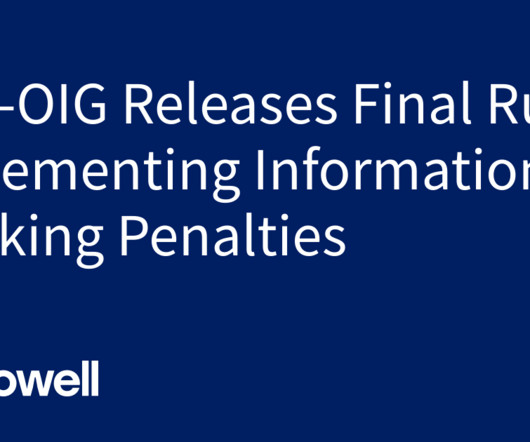
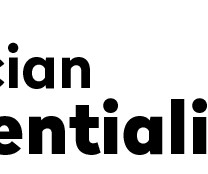

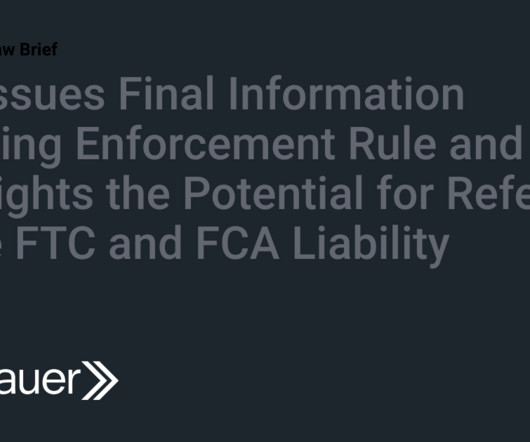





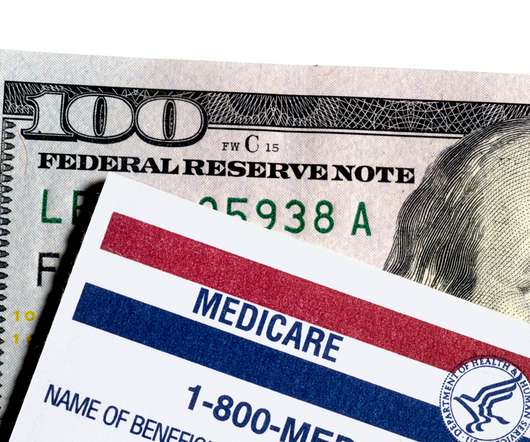
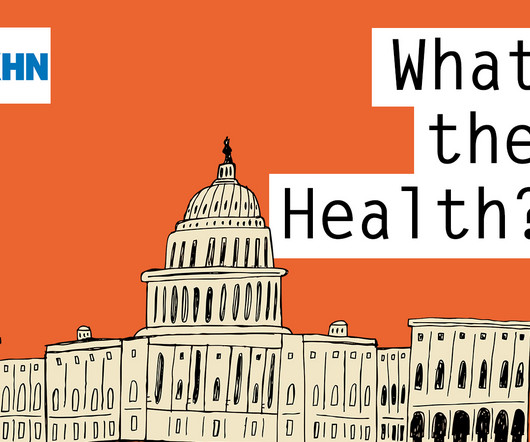






Let's personalize your content